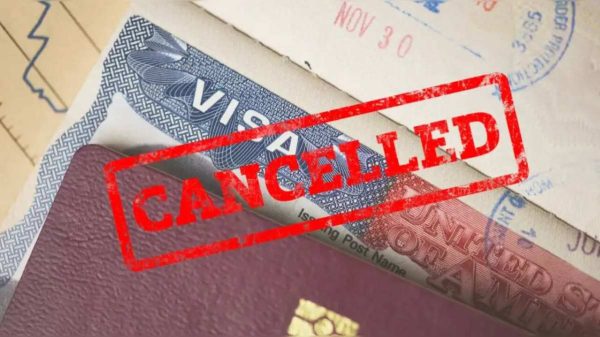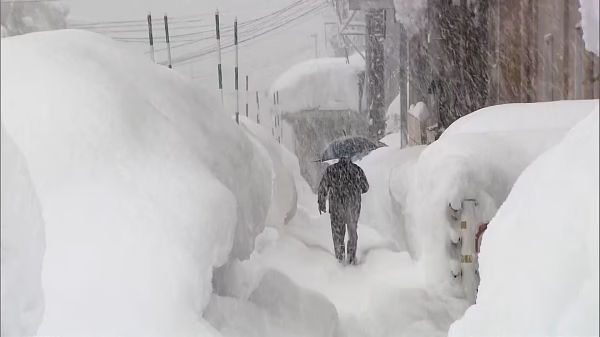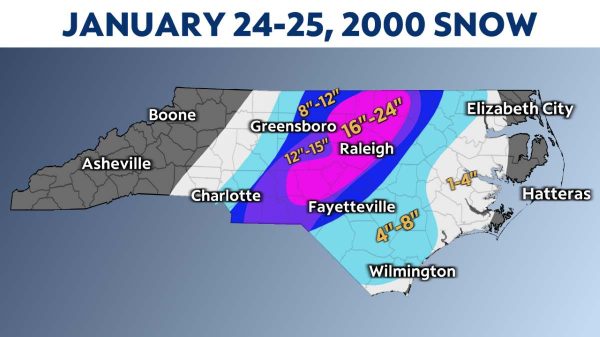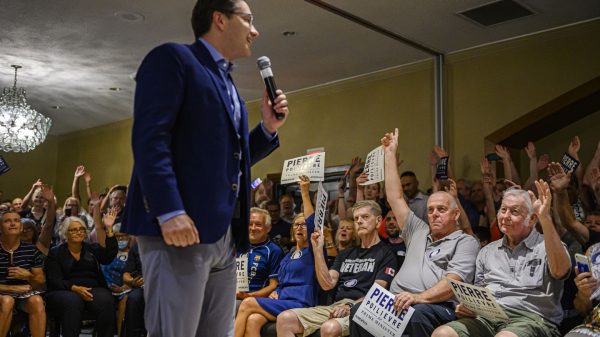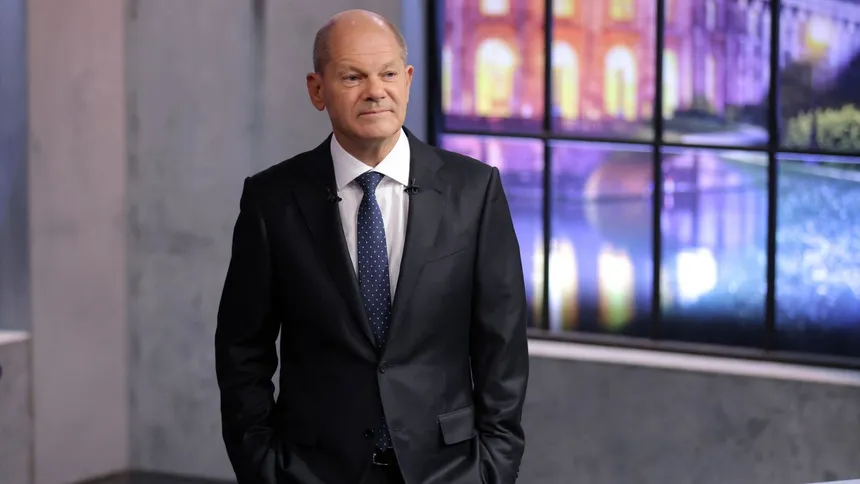German Chancellor Olaf Scholz and a delegation of his Cabinet, along with Chinese Premier Li Qiang, met in Berlin to discuss a range of issues, including the war in Ukraine, trade, and climate change. Despite Germany’s concerns over China’s growing assertiveness and refusal to criticize the Russian invasion of Ukraine, the two leaders agreed to set up a “climate and transformation dialogue” to find ways to make industrial processes more climate-friendly and speed up the transition to renewable energy sources. Scholz emphasized the importance of action on climate change, citing extreme weather events such as droughts in China and floods in Germany, and noted that Germany and China, as two of the world’s biggest carbon dioxide emitters, bear particular responsibility in the fight against climate change.
In a day of high-level government talks, Germany pressed China to lean harder on Russia over its war in Ukraine, with Scholz appealing to the Chinese government to exert its influence even more strongly on Russia in the war. He also emphasized that Germany is “thankful” China continues to make clear there must be no threat to use nuclear weapons. Li did not respond directly to Scholz’s appeal or mention Ukraine in his statement, but the two leaders did agree to establish the climate and transformation dialogue.
Scholz called for China to do more to persuade Russia to end the war in Ukraine, saying that Germany’s recently published national security strategy describes China as “a partner, competitor and systemic rival.” Li, on the other hand, emphasized trade and economic issues, noting that “deglobalisation is flaring up again and the global economy is lacking growth dynamics” and that China places great value on the development of relations with Germany and Europe.
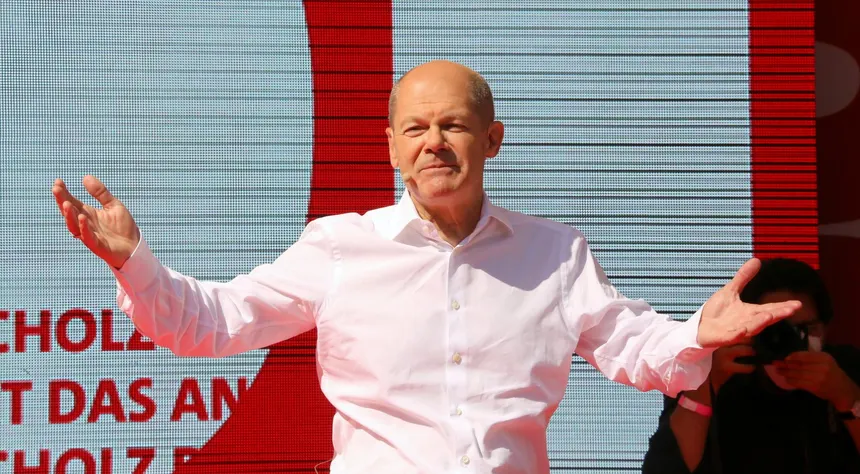
German Chancellor Olaf Scholz (Via Olaf Scholz/Twitter)
The meeting came a day after Chinese President Xi Jinping met with US Secretary of State Antony Blinken, indicating an effort by Beijing to reach out to the West and improve frosty relations. Germany is keen to maintain good ties with China, its biggest trading partner, despite wariness over Beijing’s growing assertiveness. Scholz has previously expressed interest in an economic decoupling from China, and Germany’s Group of Seven partners have echoed this position.
Despite the pledges made on climate change, other issues remain contentious. German security officials have warned of the continued danger posed by Chinese espionage, with the country’s domestic intelligence agency reporting that China’s Ministry of State Security is actively trying to obtain information on areas of political, economic, and scientific interest to Beijing. Additionally, Germany is examining the potential risks from the use of telecommunications equipment made by Chinese company Huawei in its 5G networks.

